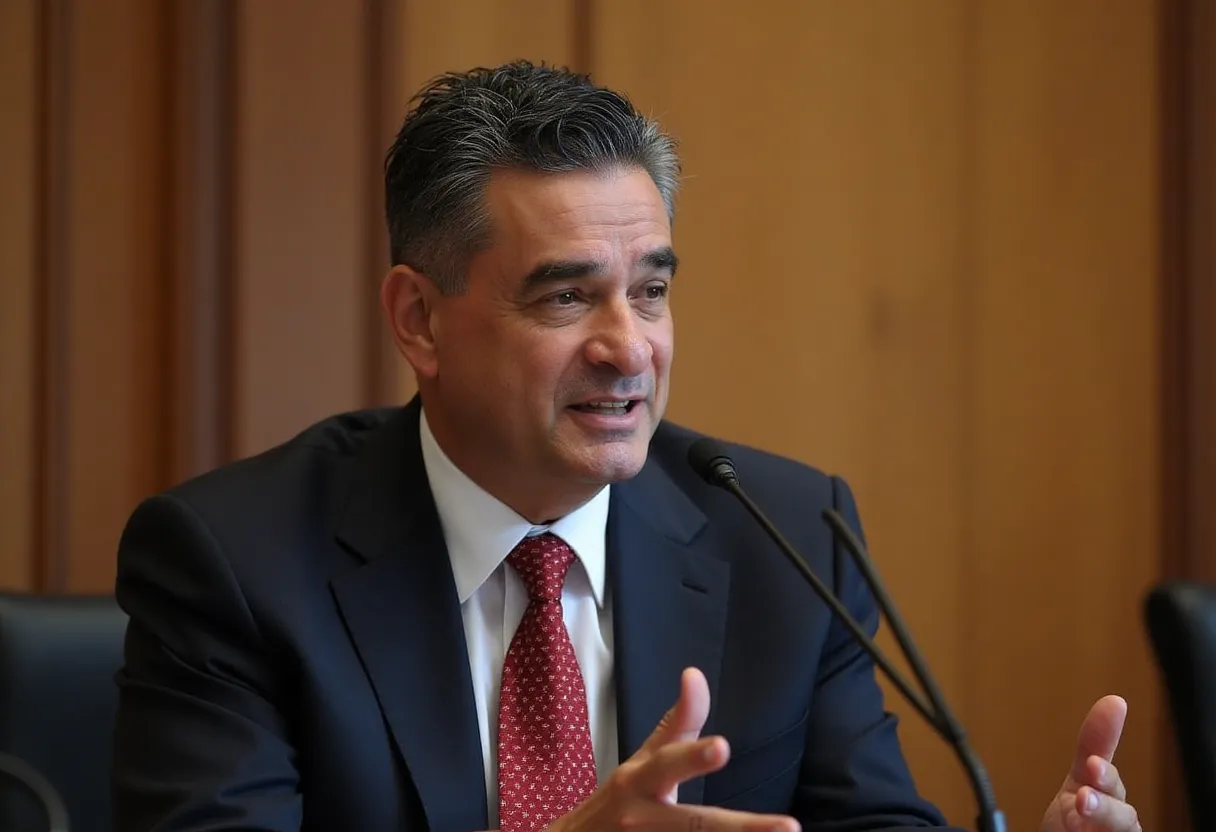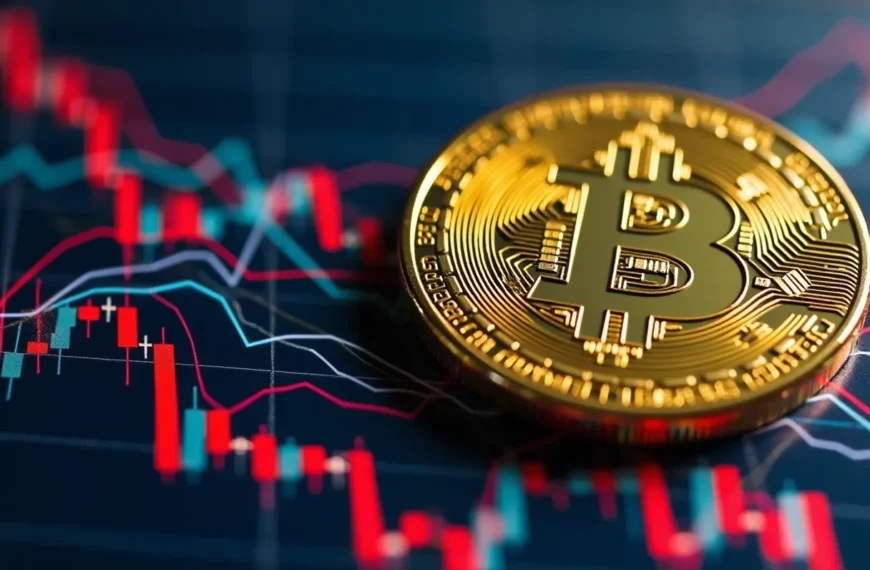Paraguay President’s X Account Hacked in Bitcoin Scam
In an alarming incident that highlights the growing intersection of politics and cryptocurrency, the official X account of Paraguay’s president was recently hacked as part of a sophisticated Bitcoin scam. This breach not only raises concerns about cybersecurity in political spheres but also underscores the risks associated with the rapidly evolving digital currency landscape.
The Incident Unfolds
The hacking incident took place when the president’s account was compromised, leading to the dissemination of misleading messages aimed at promoting a fraudulent Bitcoin scheme. The scammers exploited the trust associated with the president’s account to lure unsuspecting individuals into investing in a fake cryptocurrency initiative.
Key points to note about the incident:
The rapid spread of misinformation through the president’s account is particularly concerning, as it demonstrates how easily high-profile figures can be manipulated and used as vehicles for fraudulent schemes.
Implications of the Hack
The breach raises significant questions about the security measures in place for political figures and the potential ramifications of such incidents. As governments increasingly engage with digital platforms for communication, the risks associated with hacking become more pronounced.
Implications of the hack include:
As digital currencies continue to gain traction, the ability of scammers to exploit high-profile accounts for their gain poses a serious threat not only to individuals but also to the integrity of political institutions.
The Rise of Cryptocurrency Scams
This incident is part of a larger trend in which cryptocurrency scams have proliferated, particularly as Bitcoin and other digital assets become more mainstream. The allure of quick profits often entices individuals to overlook the risks associated with investing in unregulated markets.
Common types of cryptocurrency scams include:
The blend of social engineering, urgency, and the promise of substantial returns makes these scams particularly effective. Furthermore, the anonymity provided by cryptocurrencies adds another layer of complexity to tracing and recovering lost funds.
Strengthening Cybersecurity Measures
In light of incidents like the hacking of Paraguay’s president’s account, it is crucial for both individuals and governments to bolster their cybersecurity measures. Political figures, in particular, must be vigilant about securing their online presence to prevent such breaches from occurring.
Essential cybersecurity practices include:
By prioritizing cybersecurity, political figures can protect their reputations and maintain public trust, while also safeguarding citizens from falling victim to scams.
The Future of Cryptocurrency Regulation
The hacking incident involving Paraguay’s president serves as a critical reminder of the need for comprehensive cryptocurrency regulation. As digital currencies continue to proliferate, it is essential for governments to establish clear guidelines that protect consumers while fostering innovation within the sector.
Potential regulatory measures may include:
As the landscape of cryptocurrency continues to evolve, proactive regulatory measures will be essential in safeguarding users and maintaining the integrity of the financial system.
Conclusion
The recent hacking of Paraguay’s president’s X account serves as a stark reminder of the vulnerabilities present in our increasingly digital world. As cryptocurrency scams become more prevalent, it is crucial for individuals, political figures, and governments to prioritize cybersecurity and take necessary precautions.
By fostering a secure environment and implementing effective regulations, we can work towards mitigating the risks associated with cryptocurrency while harnessing its potential for innovation and economic growth. The intersection of politics and cybersecurity will continue to be a significant area of focus as we move into the future, and proactive measures will be key to navigating the challenges ahead.






